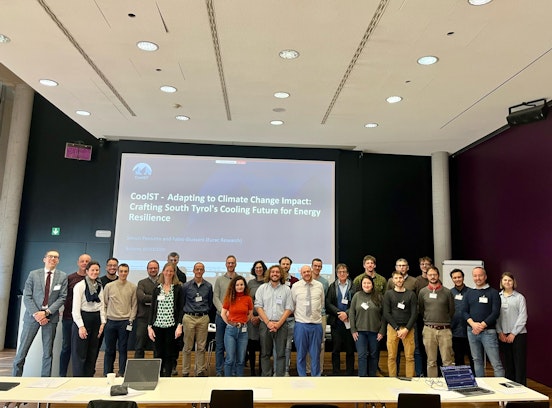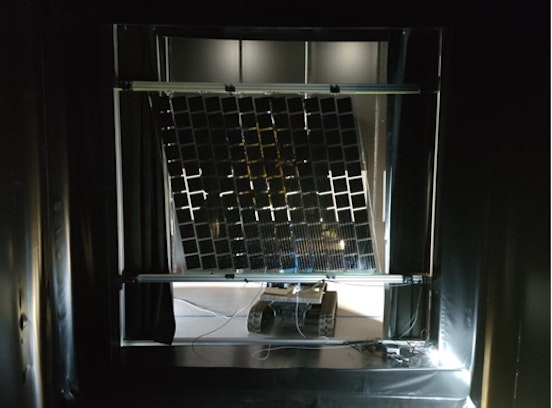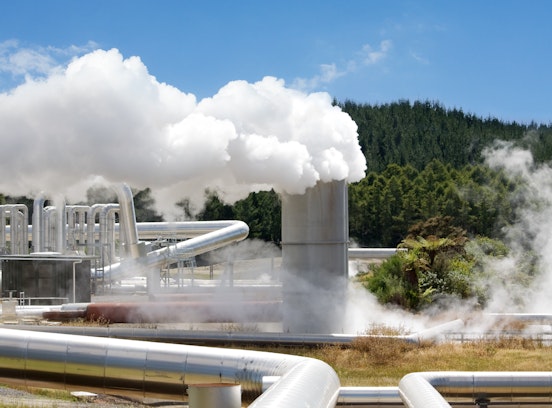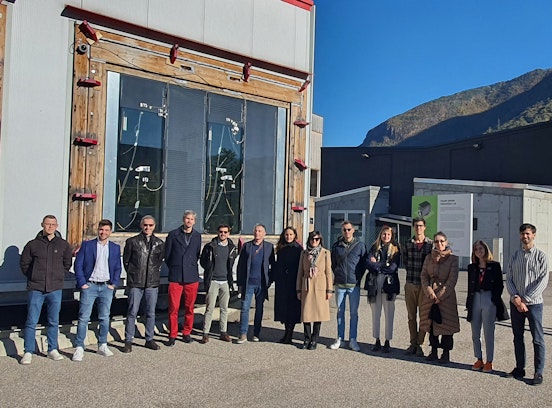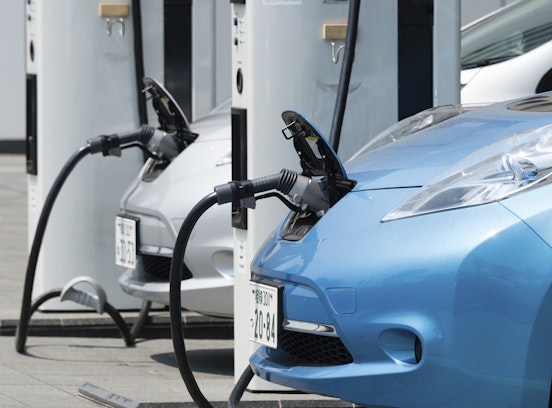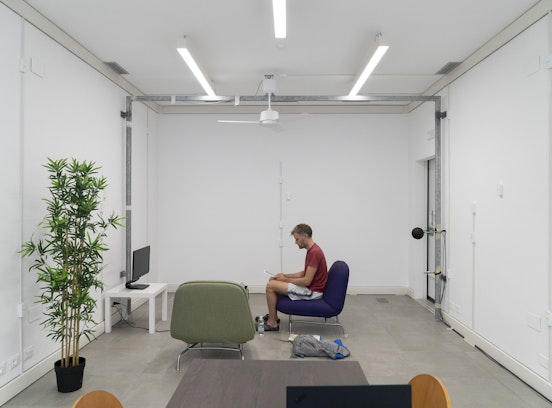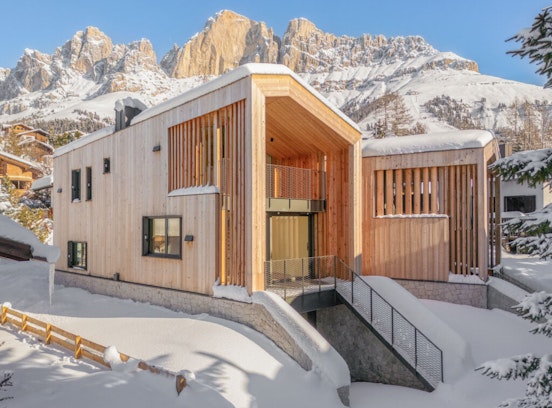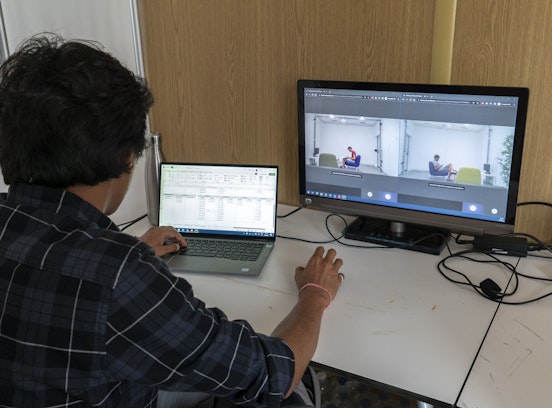Institute for Renewable Energy - Photovoltaic Energy Systems - News & Events - Can climate affect the long-term performance of PV-systems?
Can climate affect the long-term performance of PV-systems?
New study investigates the performance of photovoltaic systems over their full lifetime using monitoring data from thousands of commercial PV systems.
Accurate understanding of the long-term performance of photovoltaic (PV) systems is crucial for determining their economic viability and environmental impact. It is well established that PV systems experience a gradual decrease in performance over time.
A recent Eurac Research study, published in collaboration with Gofran Chowdhury and partners from the company 3E in the Journal Solar RRL, investigates the performance of photovoltaic (PV) systems over their full lifetime using monitoring data from thousands of commercial PV systems. Eurac Research investigated PV performance timeseries for almost 190000 inverters in almost 6000 commercial PV systems, to analyse how climate, module technology and other parameters affect the performance loss of the systems.
Typical ex-ante studies of lifetime energy yield assume a module degradation rate of -0.5% per year, but the analysis conducted shows that the performance loss rate (PLR), which considers module degradation and many other factors affecting performance, is higher, with a median value of -0.9% per year.
"Only few studies have considered such a large dataset of PV system performance, and this study highlights that good quality PV system monitoring and detailed analysis of long-term performance is needed to understand how PV system performance evolves over time" says Atse Louwen, first author of the study.
The work was part of Horizon 2020 research project TRUSTPV and was presented at EUPVSEC 2023 conference.
This project has received funding from the European Union’s Horizon 2020 Research and Innovation Programme under grant agreement N952957. The information reflects only the project’s view and the Commission is not responsible for any use that may be made of the information it contains.
Here the [link]to the scientific article (https://onlinelibrary.wiley.com/doi/epdf/10.1002/solr.202300653) to the scientific article

